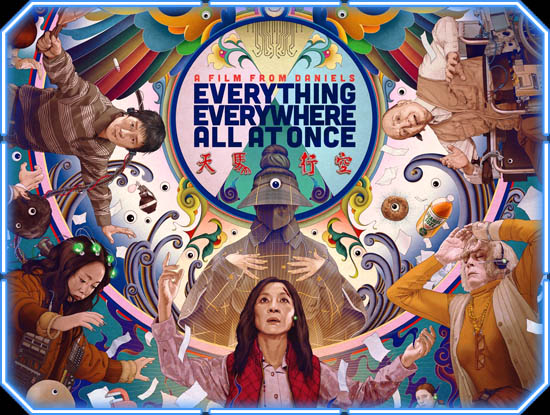Christmas may get buried under the catalogues of holiday cheer, present buying, and a lot of food prep stress, but the 2 thousand-year-old holiday commemorating the birth of Jesus has one of the most complex and interesting timelines of any holiday in the history of the world. The annual festival celebrated on Dec. 24, Dec. 25, January 7, and Jan 19 depending on denomination, is both a cultural and deeply religious occasion celebrated by billions of people around the world. From the inclusion of the Christmas tree to the annual gift-giving, the feast day that spans through modern history has many traditions, myths, and stories that resonate around the globe.
As a main celebration in the Christian liturgical calendar, it follows the season of Advent and ushers in Christmastide, or The Twelve Days of Christmas. It was first decided to the specific date in the Western calendar by Dionysius Exiguus, a Scythian monk who was an abbot in Rome. With Exiguus’ research and biblical texts, Jesus’s birth was decided to have occurred on December 25, 1 C.E. There have been many disputes over the actual date of Jesus’s birth since, but Exiguus’ date has stuck despite them.
The gifting that is associated with the holidays has a murkier past, one that is associated both with the Wise Men who visited Jesus bringing gifts, St. Nicholas, and the original Saturnalia celebrations that Christmas derived from. During Roman times, emperors urged their most hated citizens to bring offerings to them, which later expanded to gift giving among the larger populace. Later this was transformed into a Christian custom under the tales of St. Nicholas’s gift giving myths. When Christmas saw it’s resurgence in popular culture during the mid-19th century, gifts were often nuts, popcorn, oranges, lemons, candies and homemade trinkets, far from the huge offerings people see in stores and under Christmas trees today.






